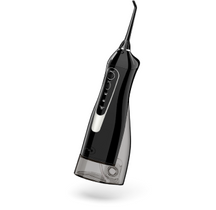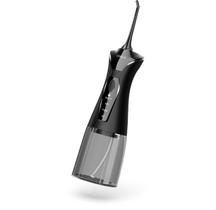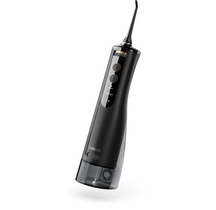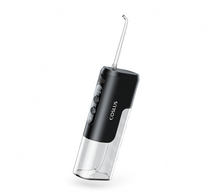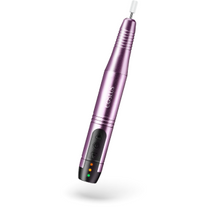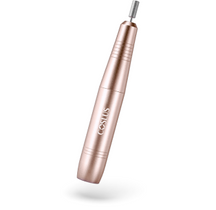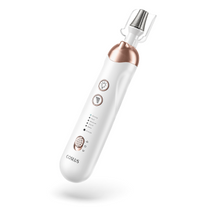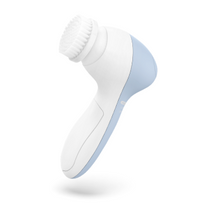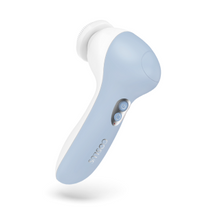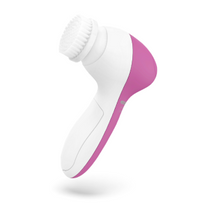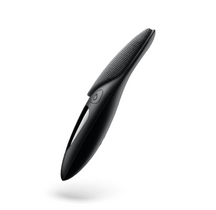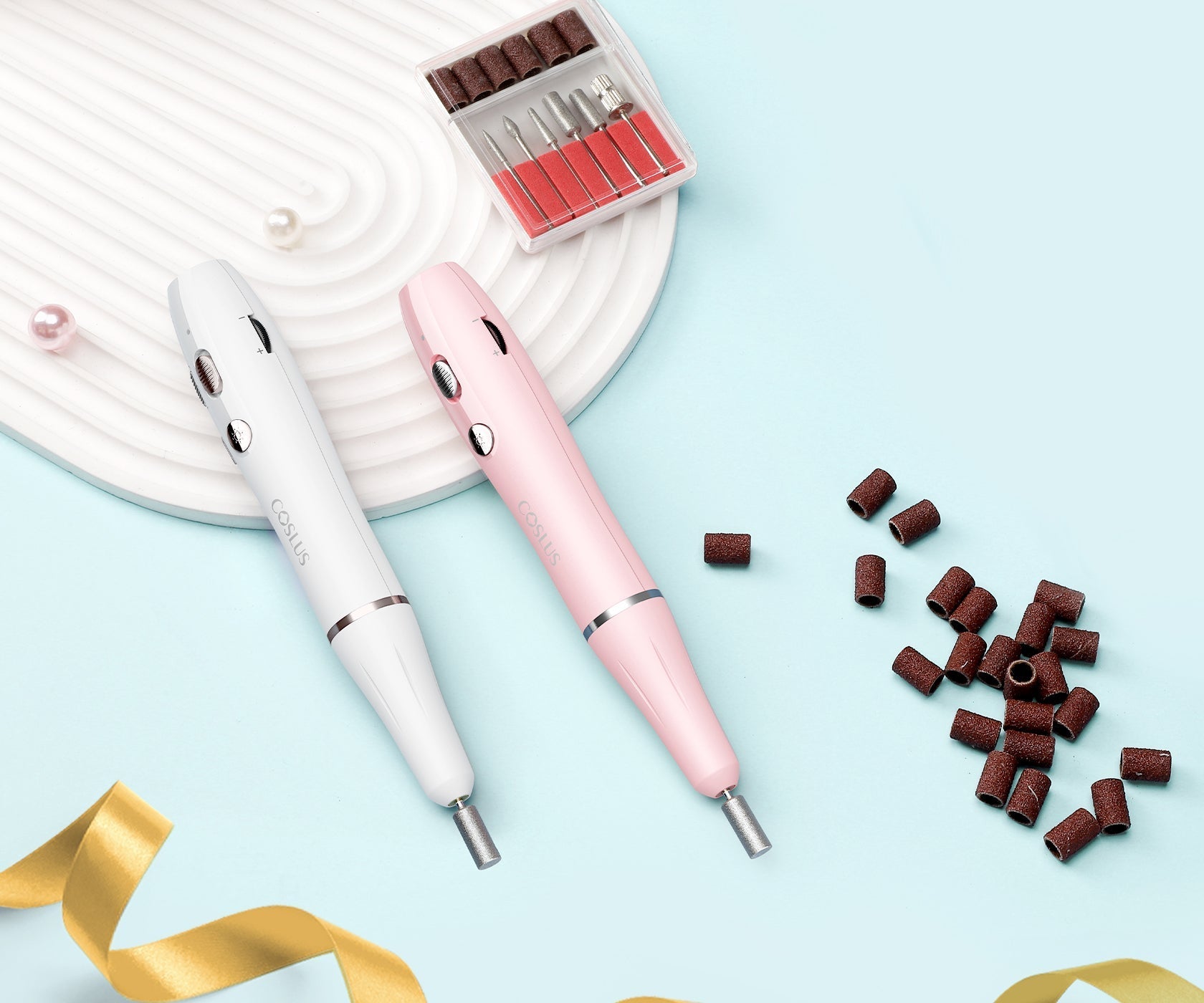
Sensitive Teeth Help: What’s Causing It and How to Treat It
Cold water, hot tea, or even a sweet snack—if these trigger pain in your mouth, sensitive teeth might be the reason. It’s a sign that your teeth aren’t as protected as they should be, often due to worn enamel or gum issues. The good news is there are clear answers when it comes to sensitive teeth causes, prevention, and treatment. From simple at-home habits to dental fixes, relief is possible with the right steps.
What Is Tooth Sensitivity and Who Is at Risk?
Tooth sensitivity means feeling sharp or sudden pain in your teeth when they come in contact with something cold, hot, sweet, or acidic. It can also happen during brushing or flossing. This pain isn’t random—it’s caused by exposed dentin, the inner layer of your tooth that connects directly to the nerves. When the enamel (the hard outer layer) wears down or the gums pull back, that dentin becomes uncovered and more sensitive to everyday triggers. The discomfort may come and go, but it often points to a deeper issue with enamel or gum health.
What Happens Inside a Sensitive Tooth?
Each tooth has a protective enamel layer on top and a cementum layer covering the root. Underneath is dentin, filled with tiny tubules that lead to the tooth’s nerve center. When dentin is exposed, those tubules act like open doors, letting hot or cold sensations hit the nerve directly. That’s what causes the quick, stabbing pain many people feel.
Who Is More Likely to Have Tooth Sensitivity?
Tooth sensitivity affects nearly 1 in 2 adults, and it’s especially common in women between the ages of 20 and 50. Certain habits or conditions increase the risk, including:
- Brushing too hard or using a hard-bristled toothbrush
- Eating or drinking acidic foods and beverages regularly
- Having gum disease or natural gum recession with age
- Grinding or clenching your teeth at night
- Getting frequent whitening treatments or other dental work
Even people with generally healthy teeth can develop sensitivity over time if their enamel weakens. Knowing your risk factors can help you take early steps to protect your smile.
What Are the Most Common Causes of Sensitive Teeth?
Tooth sensitivity doesn’t happen without a reason—something usually triggers the enamel to wear down or the gums to recede, both of which expose the inner dentin and nerve pathways. If you're experiencing sensitivity, it may be due to one or more everyday habits or dental conditions. Here are the most common sensitive teeth causes, plus simple tips to help prevent them.
Brushing Too Hard or Using a Hard-Bristled Toothbrush
Scrubbing your teeth with force or using a stiff brush can wear down enamel over time. It may also damage the gum line. Try switching to a soft-bristled toothbrush and brushing with gentle, circular motions instead.
Eating and Drinking Acidic Foods
Citrus fruits, soda, wine, and vinegar-based foods can weaken enamel and make teeth more sensitive. Limiting these and rinsing your mouth with water afterward can help reduce damage.
Gum Recession from Gum Disease or Aging
As gums recede—either from age or conditions like gingivitis—the roots of your teeth get exposed. Since roots lack enamel, they’re much more sensitive. Regular dental cleanings and gentle oral care can slow this process.
Teeth Grinding or Clenching (Bruxism)
Grinding puts pressure on your enamel and can lead to tiny cracks or worn-down surfaces. Wearing a mouthguard at night may help protect your teeth if you grind in your sleep.
Recent Dental Treatments
Whitening, fillings, or cleanings can cause temporary pain. If you notice sensitive teeth after whitening, try using a desensitizing toothpaste for a few days and avoid very hot or cold foods.
Other Causes: Cracked Teeth, Cavities, or Acid Reflux
A cracked tooth or untreated cavity can expose dentin, and acid reflux can bring stomach acids into contact with teeth. Always have ongoing pain checked by a dentist.
How Can You Prevent Sensitive Teeth from Getting Worse?
Tooth sensitivity often starts gradually—and that means it can often be stopped early, too. A few small changes in your daily routine may help protect your enamel, support gum health, and lower the chance of discomfort. Here are some reliable and easy prevention strategies to keep sensitivity under control for the long run.
Daily Habits to Adopt
- Use a soft-bristled toothbrush and brush with light pressure
- Choose fluoride toothpaste (look for ones made for sensitive teeth)
- Brush twice a day and floss gently to avoid gum irritation
- Limit acidic foods and drinks like citrus, soda, and vinegar
- Rinse with water after meals to help reduce acid buildup
These habits help keep enamel strong and gums healthy—both are key in preventing dentin exposure.
Lifestyle Changes That Help
- Wear a mouthguard at night if you grind or clench your teeth
- Visit your dentist every 6 months for cleanings and checkups
- Eat a balanced diet with calcium-rich foods like dairy, leafy greens, or almonds
- Stay hydrated to support saliva flow, which helps protect your teeth naturally
Natural Prevention Tips
Some people try oil pulling (swishing coconut oil in the mouth) or herbal rinses for added comfort. Mild desensitizing mouthwashes may also help. These may offer short-term relief, but it’s important to talk to a dentist before relying on any home remedy.
Taking steps early on can save you from long-term discomfort. If you're wondering how to prevent sensitive teeth or looking for natural ways to reduce tooth sensitivity, start with what you can control every day.
What Are the Most Effective Treatments for Sensitive Teeth?
If sensitive teeth are disrupting your daily life, there are plenty of treatment options that can help—some you can try at home, and others that require a visit to the dentist. The right approach depends on the cause and how severe the discomfort is. Below are the most trusted sensitive teeth treatment options, along with their pros and cons, so you can find relief that fits your needs.
Over-the-Counter Options
Many people find relief using desensitizing toothpaste, especially those with potassium nitrate or stannous fluoride. These ingredients help block pain signals between the tooth surface and the nerve. Desensitizing mouthwashes can also help strengthen enamel and reduce reactions to temperature or pressure. For consistent relief, use them twice a day as part of your brushing routine.
Professional Treatments at the Dentist
If over-the-counter products don’t work, your dentist may recommend:
- Fluoride varnishes to strengthen enamel
- Dental sealants or bonding agents to cover exposed dentin
- Root canal treatment for severe, ongoing pain that doesn’t respond to other care
These treatments are especially helpful if your sensitivity is linked to gum disease, enamel loss, or deep decay.
Home Remedies That May Help
Some people find short-term relief using saltwater rinses, clove oil, or even green tea rinses. These may have mild antibacterial or soothing effects, but they won’t fix the underlying cause. Use them only as a supplement, not a replacement for long-term care.
When to See a Dentist
If you’ve been using desensitizing products for a few weeks and still feel sharp pain—especially in one area—it’s time to see a dentist. Persistent sensitivity could signal a cracked tooth, cavity, or gum problem that needs treatment.
| Treatment Type | Description | Pros | Cons | Recommended For |
| Desensitizing Toothpaste | Blocks pain signals with potassium nitrate | Affordable, easy to use daily | Takes weeks to work | Mild sensitivity |
| Fluoride Varnish | Applied by dentist to strengthen enamel | Quick relief, long-lasting | Requires office visit | Moderate cases |
| Home Remedies (Salt Rinse) | Natural soothing methods | Inexpensive, accessible | Temporary relief only | Short-term or mild cases |
Choosing the right solution can help you get back to enjoying hot drinks, cold treats, and everyday brushing—without the sting.
Stop Sensitive Teeth Pain—Find the Right Cause and Treatment
If cold drinks or brushing hurt, it’s time to act. Sensitive teeth often improve with just a few changes to your routine. Try a soft-bristled brush and a toothpaste for sensitive teeth designed to block pain. And if the pain doesn’t go away, your dentist can help find the right fix.
Table of Contents
- What Is Tooth Sensitivity and Who Is at Risk?
- What Happens Inside a Sensitive Tooth?
- Who Is More Likely to Have Tooth Sensitivity?
- What Are the Most Common Causes of Sensitive Teeth?
- How Can You Prevent Sensitive Teeth from Getting Worse?
- What Are the Most Effective Treatments for Sensitive Teeth?
- Stop Sensitive Teeth Pain—Find the Right Cause and Treatment
Table of Contents
- What Is Tooth Sensitivity and Who Is at Risk?
- What Happens Inside a Sensitive Tooth?
- Who Is More Likely to Have Tooth Sensitivity?
- What Are the Most Common Causes of Sensitive Teeth?
- How Can You Prevent Sensitive Teeth from Getting Worse?
- What Are the Most Effective Treatments for Sensitive Teeth?
- Stop Sensitive Teeth Pain—Find the Right Cause and Treatment


